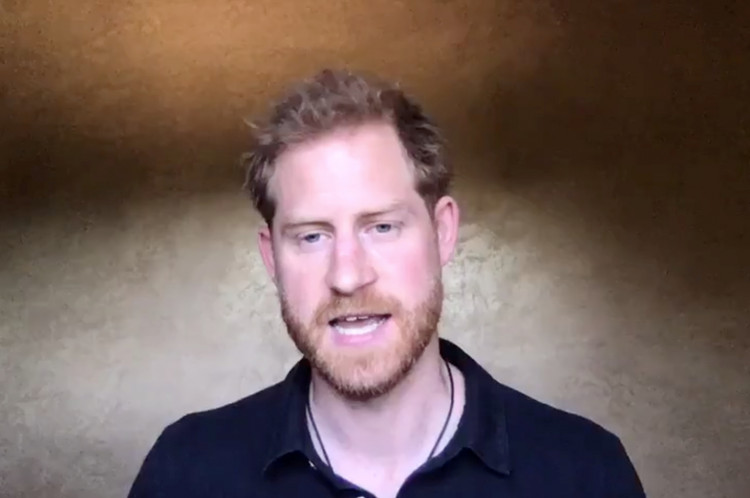Prince Harry is, reportedly, backing a decision to ban the singing of "Swing Low, Sweet Chariot" at Rugby Football Union (RFU) matches. The sports league apparently announced that it will be reviewing this action in the coming weeks amid concerns of its ties to slavery.
According to The Sunday Times, the RFU wants to make changes for the growth and awareness of its fans in its goal to bring more diversity to the league. Though the song has been part of rugby culture, it was not known to many fans it was written by an enslaved man, Wallace Wallis.
BBC reported that Wallis and his wife, Minerva, instructed the slaves in the mid-1800s to escape, and the message was written all over "Swing Low, Sweet Chariot." The song, which had been a rugby anthem for centuries, was apparently about death.
Fisk Jubilee Singers made the song popular at the turn of the 20th century and it was later covered by the likes of BB King, Etta James, Eric Clapton, Johnny Cash, Sam James, and more recently, Beyonce.
A spokesperson for the Duke of Sussex confirmed to Harper's Bazaar that he is supporting the call by the RFU to review the song's lyrics and origins and potentially ban this from the games. Prince Harry will apparently "follow the lead" of the league. The Duke of Sussex has been a patron of the RFU since 2016 and he remains in the role despite stepping back from his official royal duties in March of this year.
But U.K. Prime Minister Boris Johnson doesn't think banning the song would be effective in fighting racism. The government official said that the focus must be on "substantial" efforts to end this social ill rather than focusing on the symbols of discrimination, such as statues or songs.
The prime minister said that if there was any legitimate reason to actually ban the singing of "Swing Low, Sweet Chariot" is it's because people only know at least two verses of the song. Its message also doesn't have any relevance to England, which is why Johnson wondered why it's treated as a national song.
Johnson also said that he will heavily resist any calls to remove the statue of former Prime Minister Winston Churchill at the Parliament Square. Though no one has come up with such a proposal just yet, Johnson already said that he will fight this attempt.






